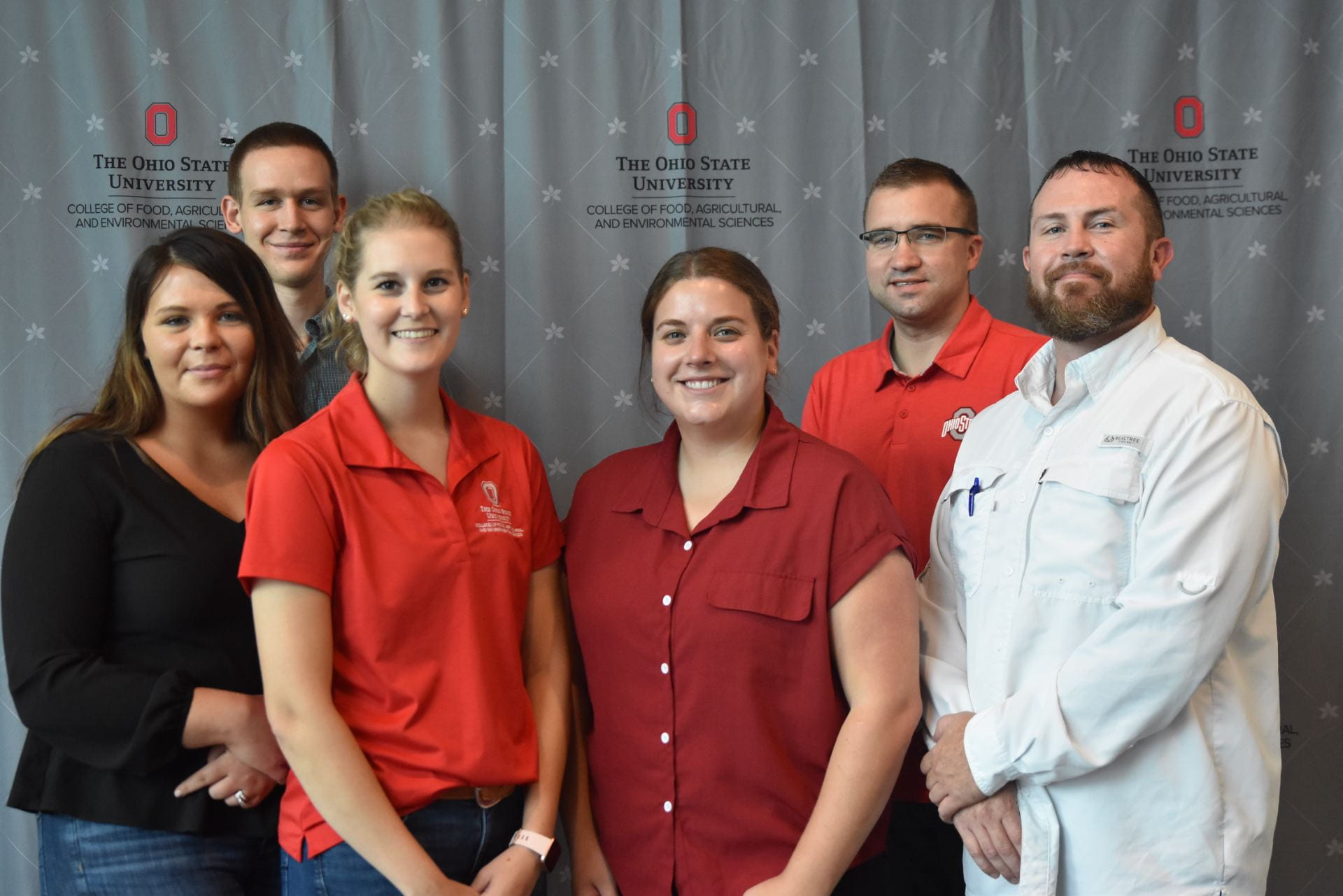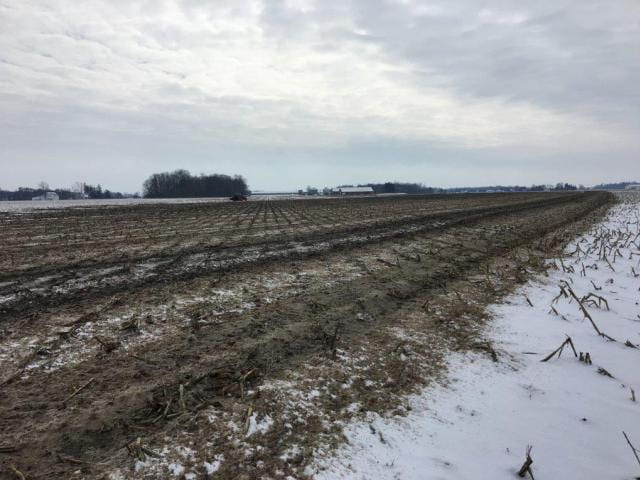
Join OSU Extension’s Water Quality Associates on Tuesday, February 22nd from 10-11AM for a public input meeting regarding on-farm conservation practices. This webinar is aimed toward farmers in the Western Lake Erie Basin who farm or live near our target watersheds, found on the attached flier. This virtual webinar will allow OSU’s Water Quality team to hear directly from farmers and landowners to guide local watershed planning efforts and funding priorities. What conservation practices do you want to learn more about? Are there practices that you think may work for your farm, but you don’t know where to start? Are there practices you are interested in if additional funding or support becomes available? Join us for an informal discussion to talk about these topics.
Register for this webinar at www.go.osu.edu/inputmeeting, or contact a Water Quality Extension Associate to give your input if you can’t attend the meeting. More details can be found on the event flyer HERE. Contact Paulding County’s WQEA Rachel Cochran, cochran.474@osu.edu, (567) 344-5016, with any questions.

